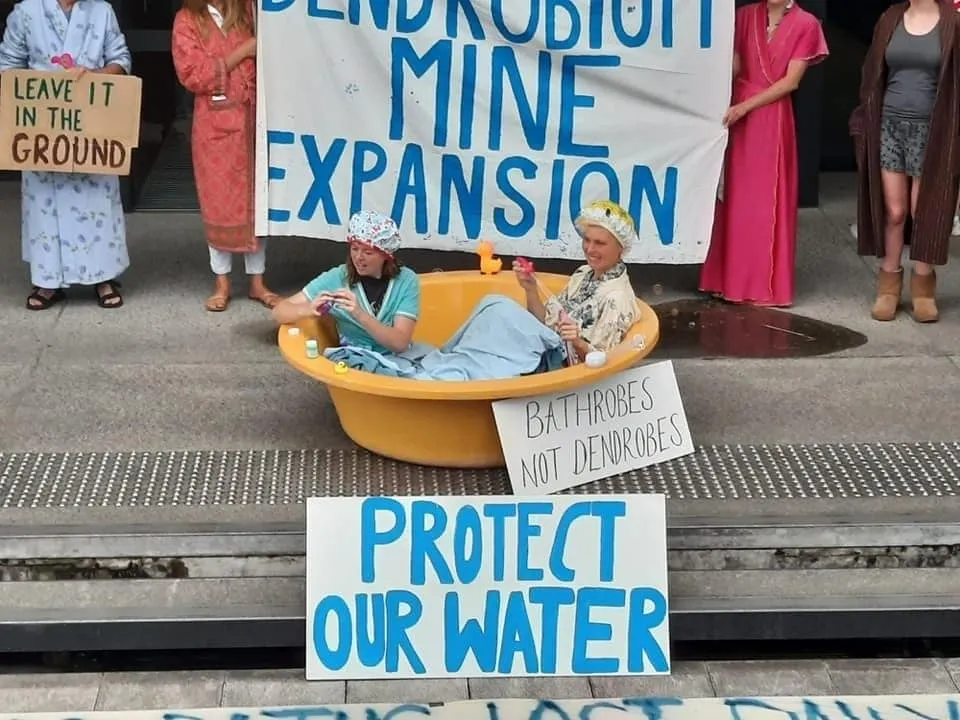
Environmental Defenders Office (EDO) clients Protect Our Water Catchment (POWC) applied to join legal proceedings so they can defend the refusal of a coal mine extension south of Sydney.
In February 2021, the New South Wales Independent Planning Commission (IPC) rejected the expansion application by South 32, to extend the life of its Dendrobium mine, near Wollongong.
It found the controversial proposal, that was opposed by Water NSW due to its potential impacts on Sydney’s drinking water catchment, was against the interests of intergenerational equity.
South 32’s subsidiary, Illawarra Coal Holdings Pty Ltd, lodged a NSW Land and Environment Court judicial review against the refusal decision in May. POWC, represented by EDO, have applied to join the case and defend the IPC’s decision.
EDO Managing Lawyer, Sean Ryan said: “Our clients POWC, join Water NSW and the wider community in holding serious concerns about the impact of this mine on Sydney’s drinking water catchment.
“The people of Sydney and the Illawarra have already faced water restrictions twice in two decades due to drought. Climate change will mean more frequent and severe droughts for eastern Australia.
“On top of that, the IPC found that the greenhouse gas emissions from this mine would be significant at over 250 million tonnes over the life of the project. In POWC’s view, this is inconsistent with Paris Climate Agreement goals of limiting global warming to well below 2 degrees Celsius, preferably to 1.5 degrees Celsius, compared to pre-industrial levels.
“We are representing POWC in their efforts to join this appeal to defend the IPC’s decision, which correctly led to the refusal of this project.”
The Dendrobium mine, near Wollongong, was approved in 2002 and can produce up to 5.2 million tonnes of ROM coal per year.
South32 had sought planning approval to extend the life and footprint of its Dendrobium mine until the end of 2048 and extract an additional 78 million tonnes of coal. This would have resulted in over 250 million tonnes of greenhouse gas emissions over the life of the project.
Based on expert advice presented to the IPC, the IPC rejected the expansion plans for the coal mine finding that the proposed mine risked long-term and irreversible damage to the Greater Sydney and the Illawarra’s drinking water catchment.
The IPC also found that the project’s subsidence effects were likely to be significant, resulting in the degradation of 25 watercourses and swamps in Sydney’s drinking water catchment, detrimental impacts to biodiversity and threatened ecological communities such as upland swamps, and negative impacts on Aboriginal cultural artefacts and values.
The IPC decided that “the loss of good quality water for future generations of Greater Sydney and the Illawarra Regions, the loss of biodiversity and Aboriginal cultural heritage all combine to a significant loss that one generation would be passing on to future generations” was inconsistent with the principle of intergenerational equity.
The IPC found that the greenhouse gas emissions from the project would be significant, although it refused the project on other grounds.


